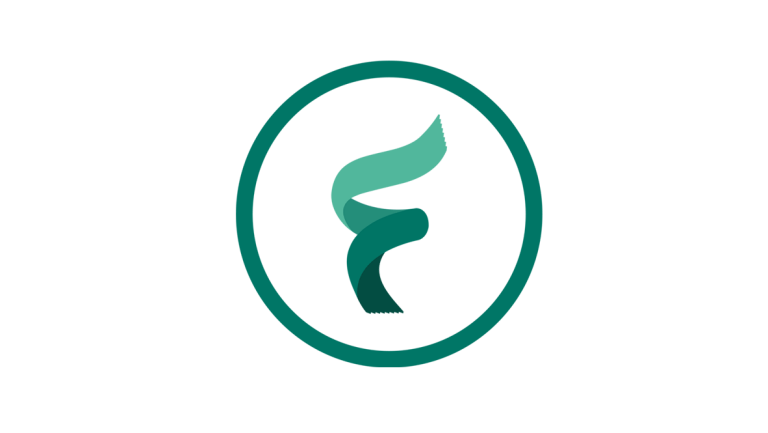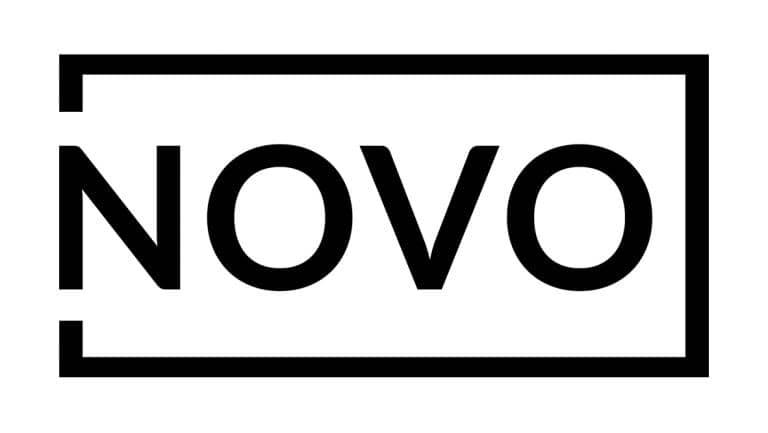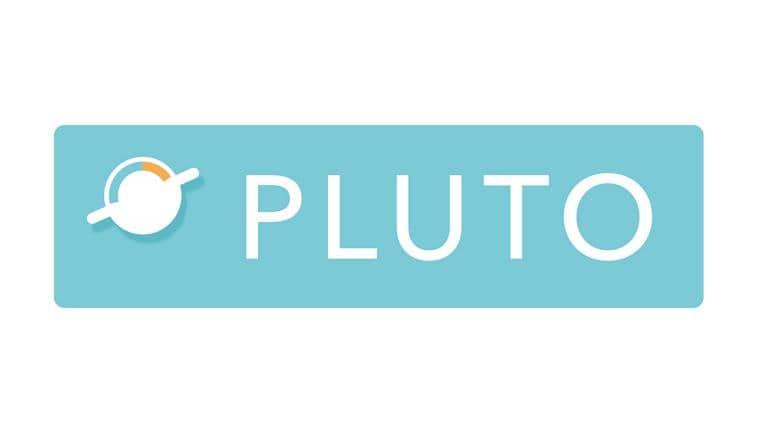
Flux
Receipts, rewards and loyalty that live in your banking app

Success story
Building trust in blockchain
05 June 2020
5 minute read
Forget digging for spare change – crypto-currency is the goldmine of today
Crypto-currency. Virtual money. Digital coin.
You will have heard of it. Crypto-currencies, like Bitcoin and Ether, operate independently from any central bank.
To some, it’s inspirational – impartial, decentralised, and largely inflation-resistant. Its supporters claim that it could replace physical money and give financial power back to the people. To others, it’s a fad – money with no intrinsic value that can’t be spent in the majority of places, and has no function in society.
There are merits to both sides of the argument; so why are Barclays interested in a pseudo-currency that’s so unpredictable? Because expert businesses like Chainalysis can blaze the trail, and the rewards – if tapped correctly – could be revolutionary.
Crypto-crackdown
Enter Chainalysis – the blockchain analysis business helping law enforcement track down crypto-currency fraudsters. Backed by the Venture Capital firms Benchmark and Accel – who famously helped the early funding stages for a bunch of start-ups including Twitter, Facebook, Uber and Instagram – and guided by the Barclays Accelerator powered by Techstars programme, helping banks understand the brave new world of virtual money.
“The promise of open blockchain technology is the idea that we can create infrastructures that anyone in the world can access,” explains CEO and Founder Michael Gronager. “It can open new ways of doing business that have never been seen before.
For those who aren’t sure, blockchain is essentially a decentralised, encrypted system for securely storing information – including transactions. Because it needs no governing authority or a central server to store or regulate data, it’s celebrated by many as a tool that could usher in a new age of information, largely free from tampering, bias, or censorship. It’s publicly available, and so can be analysed by anyone capable of harnessing the data – like Chainalysis.
“Our blockchain intelligence platform powers investigation and compliance software for the world’s leading institutions. The aim is to prevent money laundering, detect fraud, and investigate cybercrime. We’re a world leader in investigation software.”
It’s inevitable that where there is a perceived value in something, there are people who seek to illegally obtain it. Ransomware, blackmail, and fraudulent exchange are just some of the ways that criminals seek to take advantage of the open nature of crypto-currency. That’s why when Michael founded the business in 2014, it initially targeted law enforcement services as its primary market before expanding into crypto-currency exchanges.
“We investigated the infamous Mt. Gox incident in Tokyo – where the largest bitcoin exchange in the world went bankrupt after almost $450,000,000 worth of bitcoin went missing. We cracked the case by creating software that could track down the stolen assets.”
Chainalysis and Barclays Accelerator
Hunting down hackers isn’t Chainalysis’ only job – they also work with banks to help them prevent cyber-crime before it even happens. By 2015, Chainalysis were enrolled on Barclays’s first ever Barclays Accelerator programme, powered by Techstars.
“Banks have an obligation to prevent money being laundered: our software means that they can do real-time monitoring and minimise any risks. Our tech also means they have an opportunity to work with crypto-currency,” Michael adds. “And in turn, they provide banking facilities to crypto-currency companies.
“It’s mutually beneficial. Our primary advantage is that we know more about the connectivity between the real world and the blockchain than anyone else.”
Building trust
A business partnership with Barclays has huge potential, but the Barclays Accelerator Programme also gave Michael access to the financial industry’s concerns surrounding crypto-currency – concerns that his business specialises in addressing.
“It’s a powerful community to be a part of,” Michael explains. “Forming relationships with the people at Barclays lets us understand what banks need in order to feel confident operating in the crypto-currency market. We wouldn’t have that access without the Barclays Accelerator Programme – and they wouldn’t be able to operate in the Crypto-currency market without knowing how to prevent crypto-money laundering.”
Building trust has always been Michael’s modus operandi – and the Barclays Accelerator held at Rise provided the perfect staging ground for Michael to further his goals.
"Our plan is to convince the world’s leading institutions to trust in open, public blockchain and unlock the possibility of mass adoption.
“Our close work with Barclays during and after the Accelerator is enabling us to build an environment where global banks could offer banking services for crypto-currency. Our relationship with Barclays is constantly evolving, just like the market.”
Is cryptocurrency the future of finance?
As Michael says: “Crypto-currency waits for no one.”
It’s a tempestuous, rapidly changing market that thrives on the knife-edge of financial technology. There’s a chance that one day, physical coins will be a relic of the past – and if the stigma of crypto-currency can be erased, businesses like Chainalysis could be bearing the torch for a brighter, fairer, and more open economy.
Michael’s message is hopeful. “People want to work at Chainalysis because the market is fast and dynamic, yes; but also because we’re dedicated to a mission that could benefit all of society. That’s what drives us forward.”
More success stories
Receipts, rewards and loyalty that live in your banking app
Connecting companies to data
Powerfully simple business banking
Your money hero, in college and beyond
Subscribe to our weekly newsletter for all the latest FinTech news


